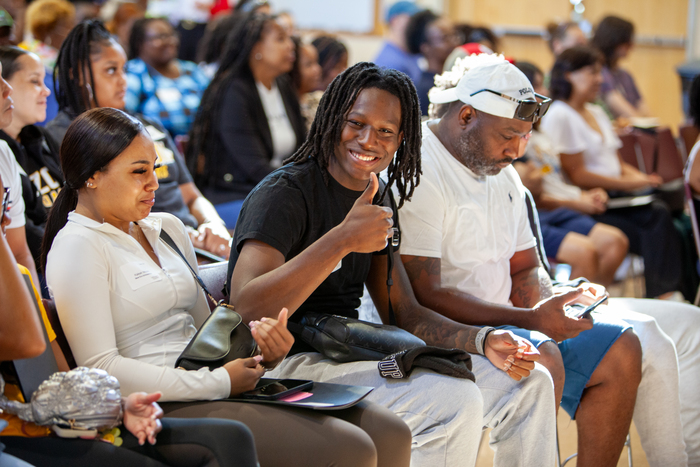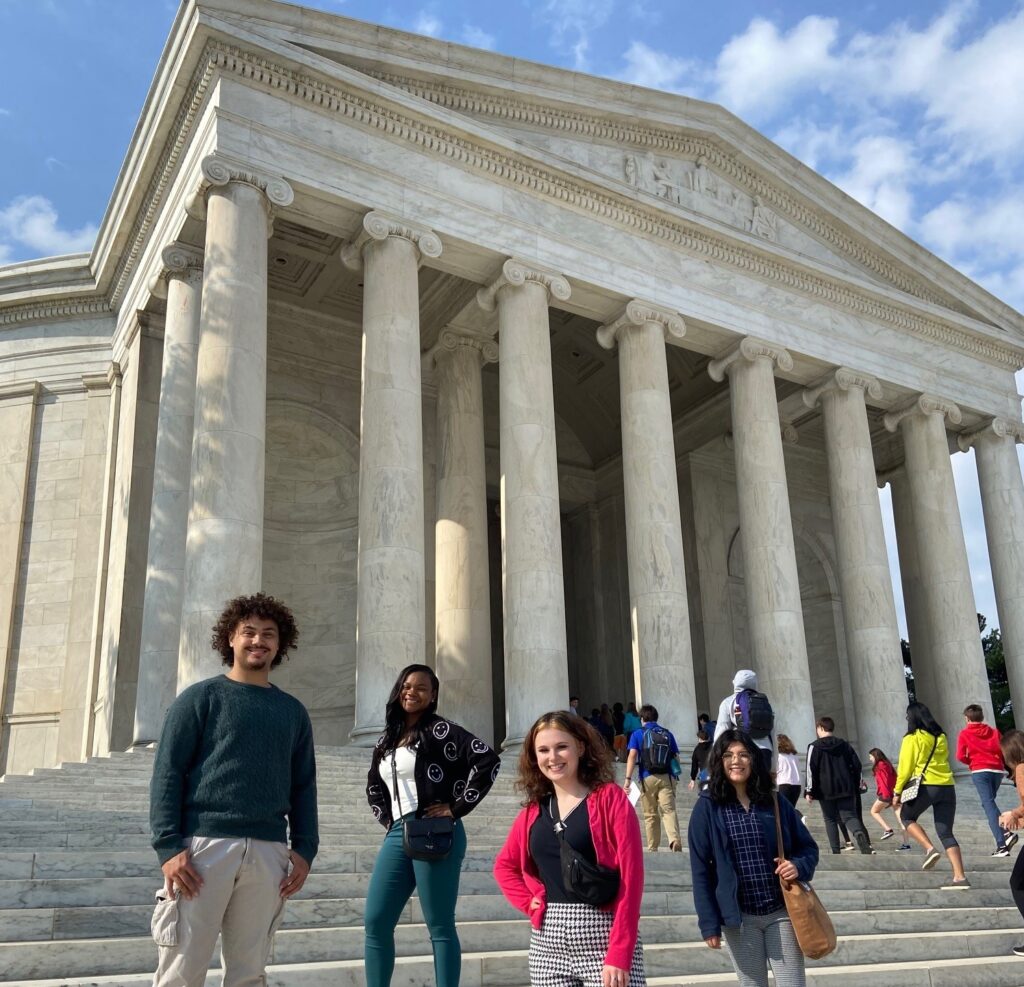
My father is 82 and now lives just blocks away from me. Two years ago, after a devastating car accident on a rural road near my parents’ former home, he could no longer drive and was soon diagnosed with Alzheimer’s. Life has changed for my family in many ways, some so relevant to the mission of The Scholarship Foundation that I’m dedicating this blogpost to my dad, aka “Missouri Man.”
Debating “Is College Worth It?” includes looking for economic data, assessing earnings potential against cost. Personal development, civic engagement, and “habits of the mind” are considerations, often falling second to money. Yet, at my father’s stage of life, those habits of the mind may be more valuable than the funds in his teacher’s pension or any vote he has ever cast.
A Habit of Mind is a pattern of intellectual behaviors that leads to productive actions. When we experience dichotomies, are confused by dilemmas, or come face-to-face with uncertainties, our most effective response requires drawing forth certain patterns of intellectual behavior.
-ASCD (Association for Supervision and Curriculum Development)
Nothing about my father’s life or education would be labelled “elite”. Middle child in a south St. Louis working class family, he got in trouble in high school (“borrowing” cars that weren’t his, wearing red suspenders against the published dress code). He attended forestry school at Mizzou for a year, but the first-year summer field work (he was sent to a national forest in Idaho) caused him to conclude that as much as he loved trees, he’d rather work with people. He transferred and graduated from a small Illinois college to become a teacher. He taught in New York city and Chicago before returning with his young family to teach in St. Louis. Later, he earned a Master of Arts in religion and learned to do laundry and cook family meals so that my mother could attend UMSL to complete her degree. Nearing retirement, he taught for several years in Crocker, Missouri, a town of 1,100 where his program for gifted students was a well-kept secret.
He was and still is a teacher, a thinker, a deep believer in the power of habits of the mind. In our family, the dinner table was fraught with discussion of current events. Leaving the table in anger or distraction was prohibited. I chose my college based upon the philosophy of education stated in the catalogue, went as far from home as I could as an undergraduate, and then got my master’s at Washington University in cultural anthropology, focusing on urban education systems. My sister attended Northeast Missouri State (now Truman) and went on to earn her master’s in gerontological nursing. Both of us now lead nonprofits that strive to support habits of the mind and to build community.
Since the accident, I have taken to referring to my father on my personal Facebook page as “Missouri Man.” Here’s a small sample of those posts, which seem to have earned a following of their own among folks who’ve never even met my dad.

Now, at 82, Missouri Man struggles with word recall and memory. Some basic functions are far more challenging than they ever were. He takes a host of medications and suffers some indignities that break my heart. Conversation with him now has humor and improvisation at its core. His interests are primarily of the present, very visual, and his teaching is descriptive, demonstrative. Our adventures out of the house (once or twice weekly) are important reminders to me to be present, to stop and see, to ask questions of what is and to let go of what was or the fretting about what will be.
Missouri Man reads. He watches the news each night and is devoted to televised Sunday morning political analysis. Weekly, his schedule includes memory group, art class, improv group, occupational therapy, personal training, and participation in a faith community. We know how lucky we are that he has these opportunities.
Missouri Man remains a willing adventurer. Curiosity, observation, commitment, fairness, timeliness, and follow-through are vitally important to him. There is no doubt these are all habits of the mind that he created and strengthened in his lifelong educational journey. Regardless of cognitive issues, he is teaching the family gathered around him to listen, to learn, to question, and to laugh. The days (and nights) are full of difficult moments and decisions we’d all rather not have to make, but what would it be for us if we did not have these lifelong practices or expectations of each other?
What is the value, in dollars or in time, of these habits of the mind?
– Faith Sandler




